Birdman or (The Unexpected Virtue of Ignorance)
 Scott Pfeiffer
Scott Pfeiffer  Thursday, November 6, 2014 at 11:45AM
Thursday, November 6, 2014 at 11:45AM 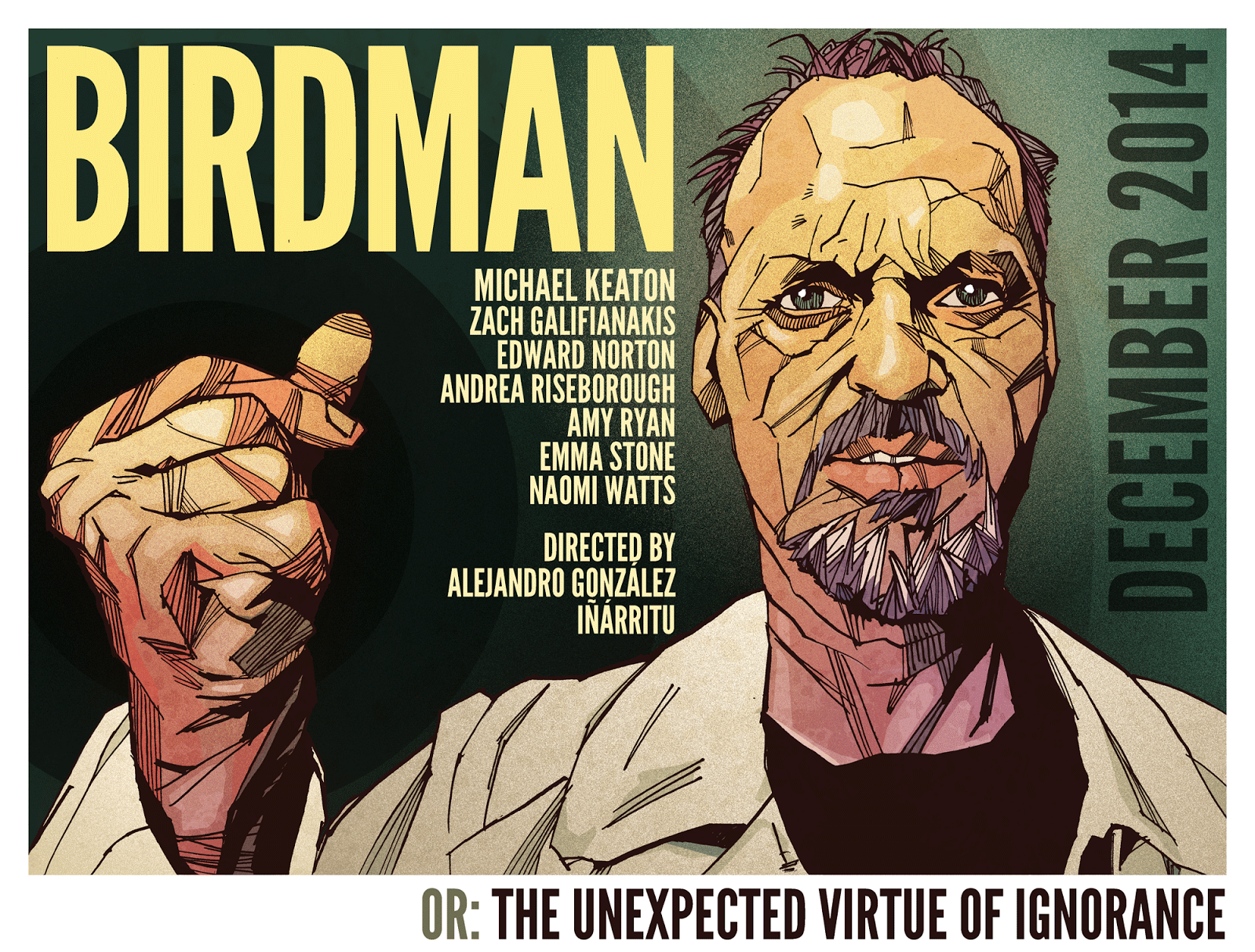
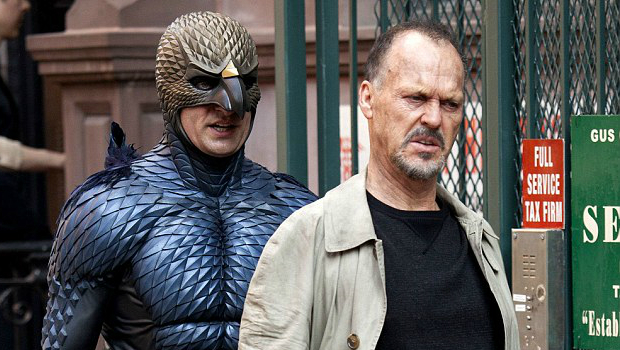
(Not to slag cretinous fanboys, entirely. I often find they're the best-informed people around.)
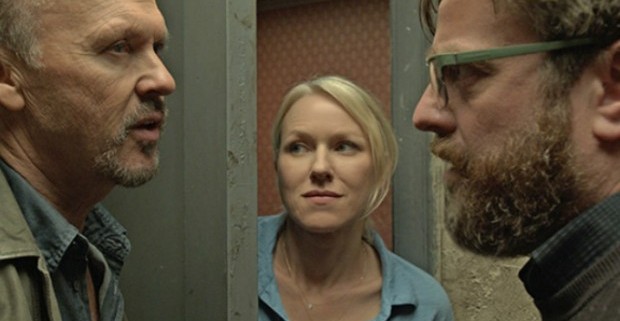
Sometimes we see Riggan rolling around fist-fighting with Mike (Edward Norton), a cocky, hotshot actor who they bring in to replace an excruciatingly bad actor who got beaned by a falling spotlight. (An accident? or as Riggan, the play's frustrated director, believes, the telekinetic fulfillment of his own wishful thinking?) Mike is the doyen of the New York theater world. As Riggan's manager (Zach Galifianakis) gushes, Mike's presence in the cast will send ticket sales through the roof. Never mind that he's a pain in the ass.
In fact Mike's so good that he can even insult New York's most feared theater critic, the New York Times's Natalie (Lindsay Duncan) to her face, when they run into her at the bar next door to the theater where she composes her reviews. You can even see the faint traces of a smile play about her face during their interaction. "Aren't you ever afraid I'll give you a bad review?," she asks, and he comes back, "I'm sure you would...if I ever gave you a bad performance." And it's true, and there's some level of mutual respect between them for mutual honesty.
Mike's dangerous because he genuinely doesn't care what other people think of him. Vain, he stands naked in front a mirror in the dressing room, admiring himself, unselfconsciously preening as other people avert their eyes. (Well, Emma Stone, playing Riggan's daughter Sam, sneaks a glance.)
Naomi Watts plays Leslie, Mike's co-star in the Carver play and erstwhile girlfriend. Right before the curtain goes up, while they're under the covers onstage, Mike finds himself ardent for love, and he tells her they should really do it, right there on stage. As you might expect, this does not go over well.
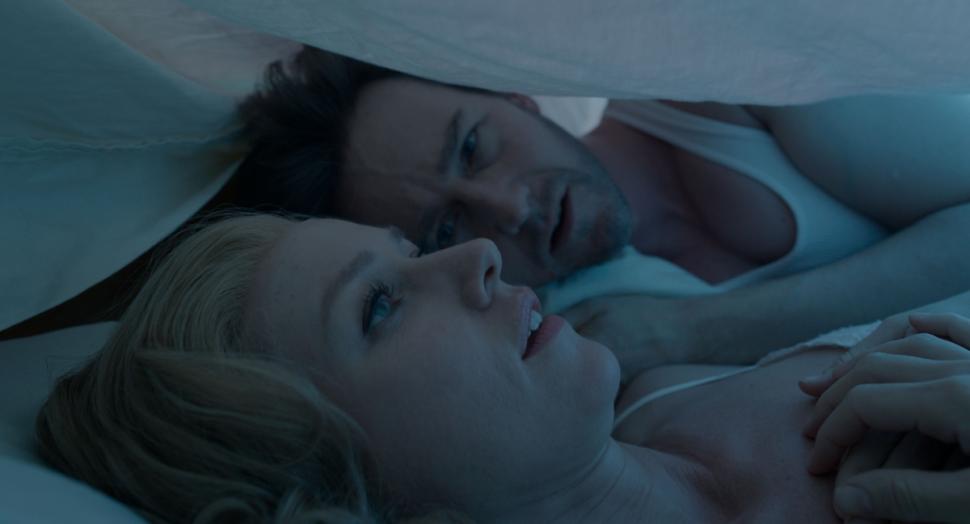
The kicker is, offstage Mike's impotent, in just about every sense. He can't have a real relationship with a woman. However, he is able to strike one up with Sam, who's fresh out of rehab, cynical, sullen. At first she finds him really obnoxious, but soon they have assignations on the roof, where she sits on the ledge, peering over for adrenaline rush: a substitute for drugs. They play truth or dare: let's find out what we honestly believe.
Like Mike, Leslie is contemptuous of Riggan and everything he stands for (Hollywood). She tells him she intends to tear his play apart in print, sight unseen, to destroy it. Riggan has fallen off the wagon, and now he is drunk, and he tears her notes away. "You just label everything," he exclaims, glancing them over. It's lazy writing, he says, and it cost you nothing, whereas putting on this play cost me everything.
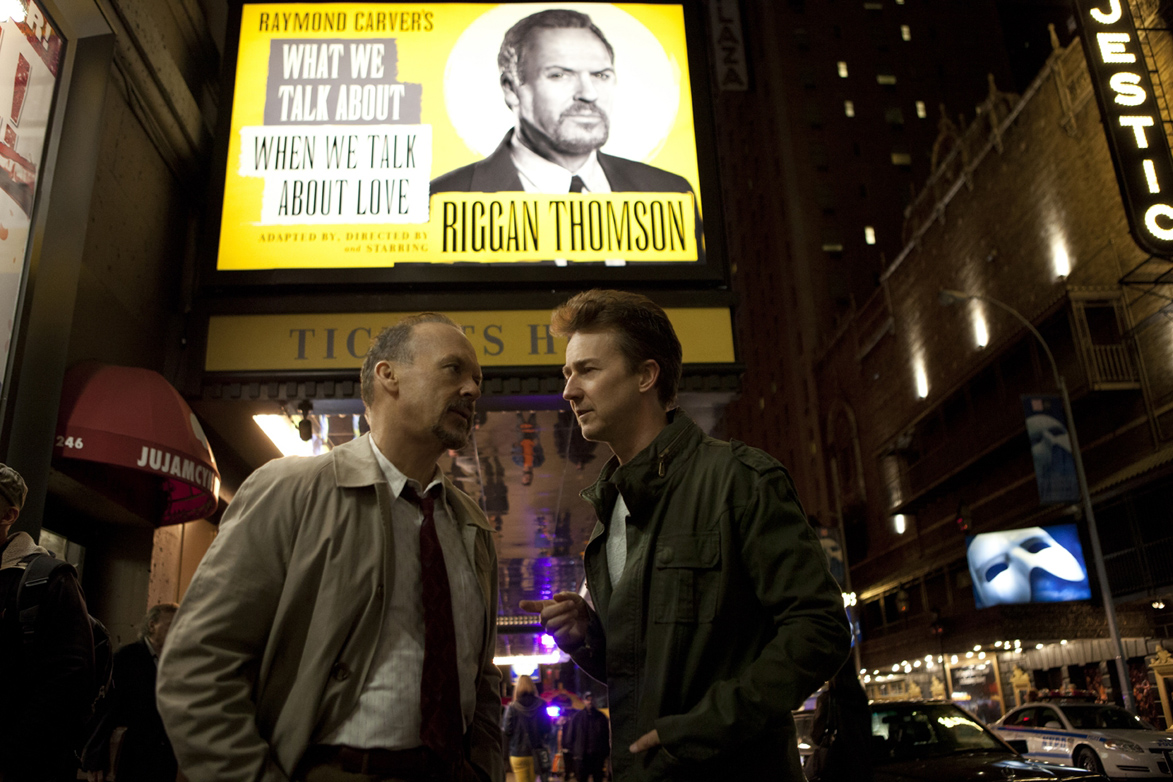
Along with madness, the impulse to self-destruction is the undercurrent of the film, the impulse to have this whole business of life, the painful struggle to create, over. So when Mike snips at Riggan that he'd better chuck the obviously phony gun that Riggan's character wields in the play's final scene before turning it on himself, and get something better, more real, the suggestion sparks an idea in Riggan. After all, what they want, these awful critics, what they really want is blood. The want you to put it all on the line, to risk everything, maybe to die in life just like you die in your art...to die for your art. Then we'll get good reviews! We watch with a mounting sense of dread.
At one point Riggan reads Sam, who's been working as his assistant, the riot act when he detects a whiff of grass about her. It's the last straw. The camera gazes as if to say "jeepers!" at Emma Stone's huge peepers, flashing in anger. She explodes, and finally tells her dad about himself: you're not trending or tweeting or viral. You don't even have a Facebook page, for God's sake! In fact, you don't exist. It's not that people love you, or even that they hate you. It's something even scarier: it's that they aren't thinking of you at all. And as she watches this scary truth come home and settle in around his features, she instantly regrets saying it. Here the movie is showing us something true about this fetishization of absolute honesty: maybe brutal truth is not in fact always a good thing, per se. Sometimes in life it is better, perhaps, to suspend disbelief.
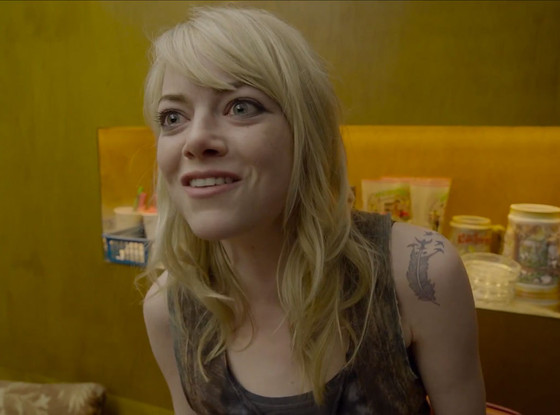
And yet, Riggan still has his celebrity. That means he is still beloved by ordinary people, tourists, the kind of people who don't read the "Arts and Leisure" section of the New York Times. They are always excited to get his autograph, even when he accidentally locks himself out of the theater and must make a mad dash through Times Square in his underwear. Out come the camera phones, and the result is that Riggan finally "goes viral." Finally matters.
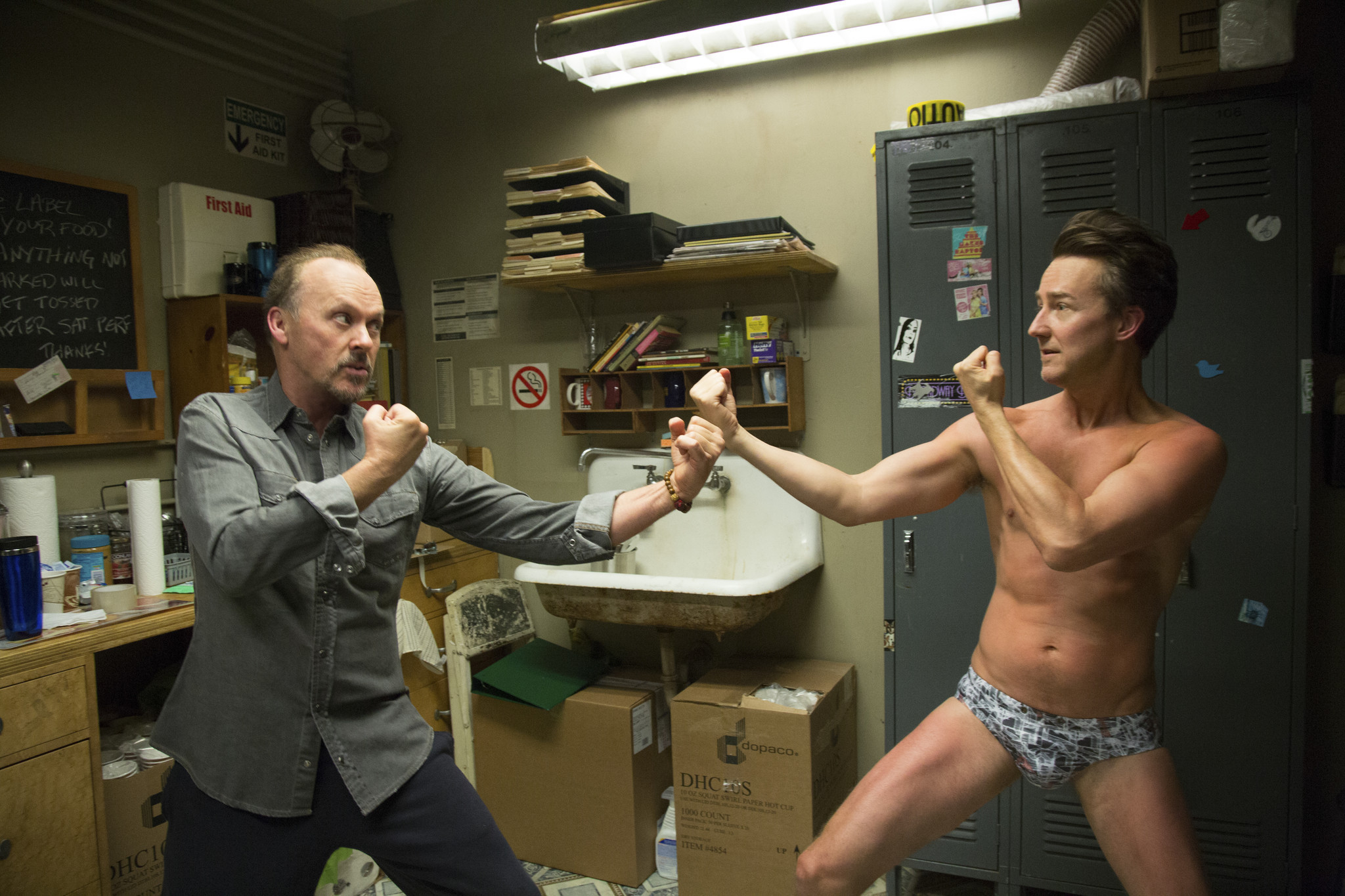
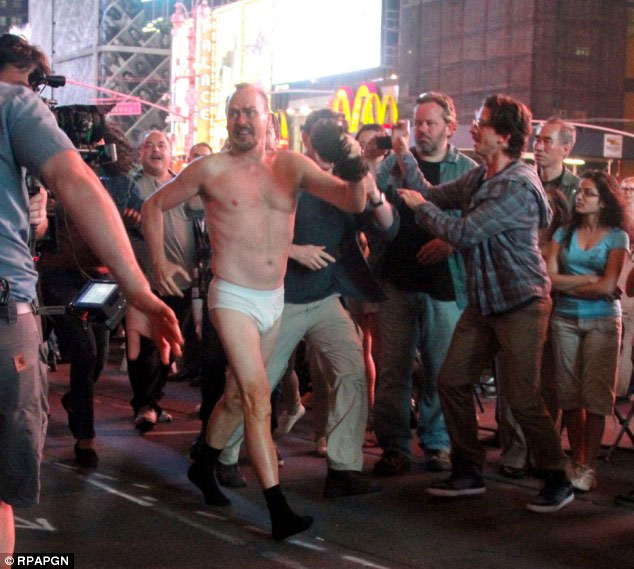
We haven't seen Michael Keaton in a little while. Some of us might not have seen him since Tarantino cast him in "Jackie Brown" in the late 90s. It's good to see that familiar face, which for viewers of a certain age evokes not just the Burton "Batman" films, but "Mr. Mom" and "Beetlejuice" and the decade of the 1980s. He's still got that mischievous twinkle in his eye, that particularly American sense of fun. Keaton really does put himself on the line in this performance, which is somehow captured in the quiet, poignant moment when he pulls off his prosthetic hairline, which is receding enough, to reveal the true, and even more retreating, one beneath.
The camera alights on Andrea Riseborough as Riggan's girlfriend. There is a surprising scene of female bonding between her and Naomi Watts, where their bonding over Riggan's clumsy, cluelessly male attempts to praise them (while never actually saying what they truly want to hear), leads to some startled necking. Maybe this shows the sort of thng that can happen in the moment when people are under pressure. In any event, the viewer welcomes this development.
We linger in the dressing room as Riggan's ex-wife, played by Amy Ryan, visits. Ryan is one of my favorite contemporary actresses, and it is always a pleasure to see her work. Their scenes are uncommonly tender, and wise and grownup, and free of enmity. The pain between them is in the past. What lingers is acceptance, and forgiveness, and indeed a form of love.
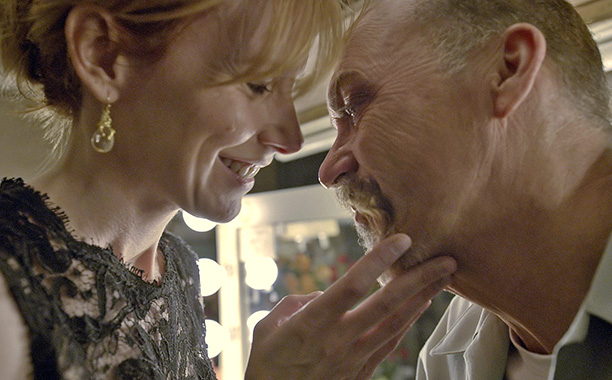
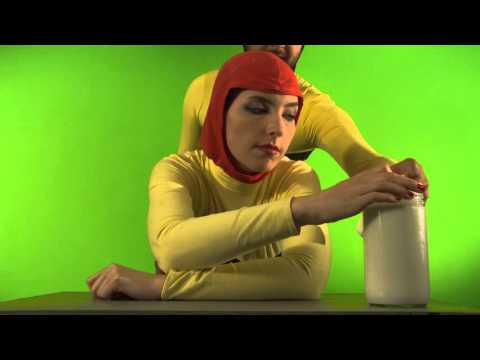
Formally, there is an interesting tension in this movie between the theatricality of some scenes on the one hand, and the purely cinematic device of the floating camera eye. The unity of that single tracking shot gives us a sense of the spatial unity of the theater, its dressing rooms and suites. This is a world where being on the cover of the "Arts and Leisure" section really is the most important thing in the world. (In real life, they really did put Keaton on the cover a few weeks back.)
We fall through the world, that headlong camera seems to say. Or, like Riggan when he dares take that risk, we may find that we really can fly. Soar. I won't give away the fantastical ending, except to say that it is a lovely affirmation of the life-force.
I'd been thinking about this picture, letting it steep, and I fell to flipping through the pages of the NYT magazine. I came upon an essay by Lewis Lapham, written to accompany a photo essay about creative people in their 80s and beyond, who are still creating. Artists, scientists and the like. Why do they still do it? Lapham's essay asks. Why still struggle to put new things into the world?
At age 79 in his own life as a writer, Lapham says, he has begun to understand: "Failure is its own reward. It is in the effort to close the distance between the work imagined and the work achieved wherein it is to be found that the ceaseless labor is the freedom of play, that what's at stake isn't a reflection in the mirror of fame but the escape from the prison of the self."
And that, I believe, is what this picture is about.
[The poster used to illustrate the top of this essay was created by Ryan Gajda. Have a look at his original work here.]
Rating: ****
Key to ratings:
***** (essential viewing)
**** (excellent)
*** (worth a look)
** (forgettable)
* (rubbish!!)


Reader Comments (3)
Hi Scott. Nice article. I notice that you have used an image of mine as the illustration (the poster at the top) and was wondering if you would be able to provide a linkback and credit. The image originally appeared in my post here (http://www.sundaydogparade.com/2014/09/birdman-movie-poster.html).
Apologies for contacting you here, but I couldn't find an email address for you.
Thanks
Hi Ryan,
Thanks for reading and for your kind words. I'm glad you wrote and I will happily add the linkback and credit. Glad to get a chance to thank you for the use of the image. Your link gave me a chance to see more of your work. Good stuff.
I do love reading anything with Emma Stone which is why I gotta say, regarding the bit about her glancing at Mike's nudity, she is called Emma Watson.